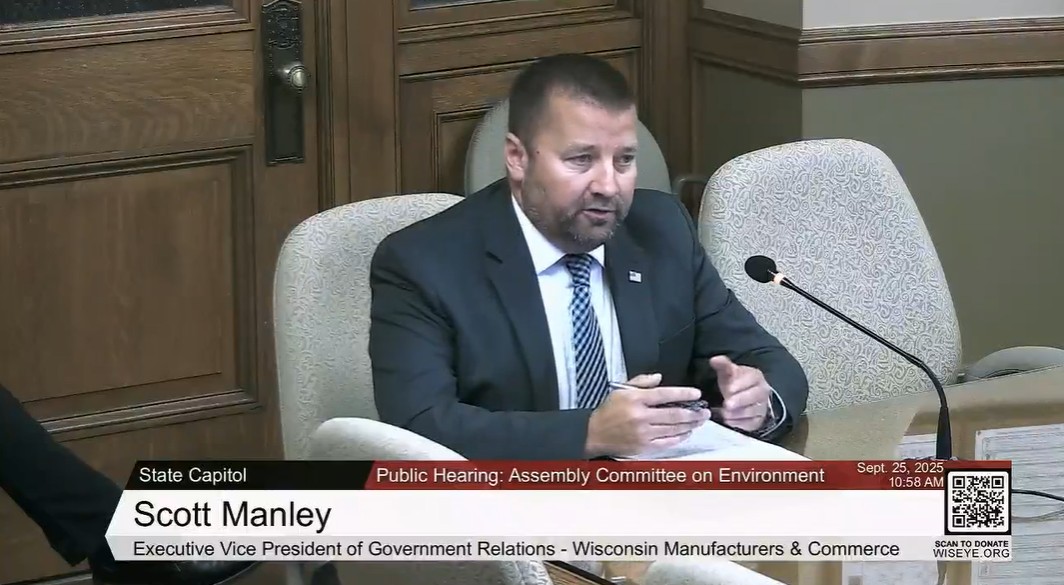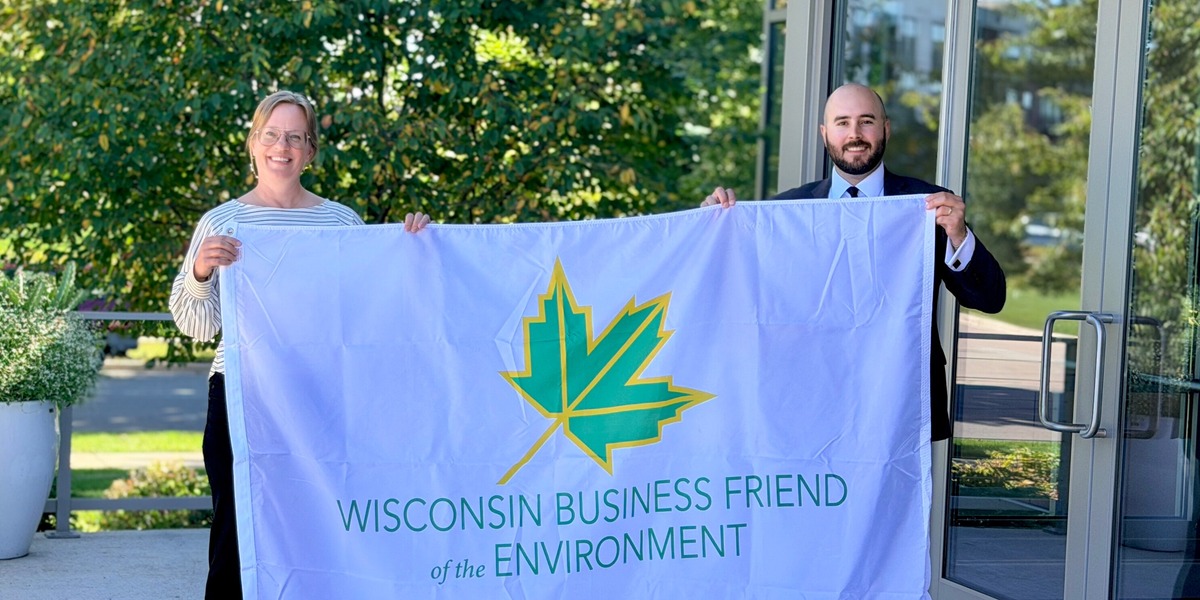
WMC Testifies on DNR Antidegradation Rulemaking
Scott Manley, WMC Executive Vice President of Government Relations, appeared this week before the Assembly Committee on Environment to testify on CR 23-010. This is
Wisconsin employers face increasingly costly environmental and energy regulations. Many environmental regulations in Wisconsin are more stringent than what is necessary to protect the environment, and Wisconsin businesses are encountering more aggressive and hostile state regulators. In addition, access to affordable and reliable energy is under attack by federal, state, and even local regulators. The following initiatives will help level the playing field by making Wisconsin’s environmental and energy cost structures more competitive.
Environment & Energy
Continue to work with national partners to ensure federal environmental standards are fair, transparent, cost-effective, and based upon sound science. Work with WMC’s national partners and within the legal system to oppose the imposition of costly new federal environmental regulations.
Remove the cost and complexity of existing “Wisconsin only” environmental regulations, and work to ensure that newly promulgated rules are no more stringent than federal requirements.
Environmental regulations and permits are issued by the state DNR, and energy project permits are issued by the state PSC. Additional layers of local environmental regulations and permitting add cost and confusion for businesses. Prohibit local governments from establishing or imposing environmental standards or permits, and thereby reinforce the DNR as the sole environmental regulator in Wisconsin. In addition, prohibit local governments from banning natural gas or other forms of reliable energy.
Businesses support clean air and water as much as anyone, and recognize the need for sensible environmental regulations. Regulators must recognize, however, that regulatory requirements come with a cost that can be substantial. Regulations should therefore be based upon sound peer-reviewed science, and an evaluation of the cost to businesses and consumers in relation to any benefit to determine whether the regulation is appropriate. Specifically, any Wisconsin-based environmental regulation should be subject to an external, scientific peer review process to ensure it is based on sound science.
Any state standards regulating PFAS compounds must be fair, cost effective, and based upon sound peer-reviewed science. Wisconsin PFAS standards should be consistent with, and no more stringent than, corresponding federal standards to protect consumers from the cost of expensive “Wisconsin only” regulatory mandates.
Wisconsin should focus energy policy on the delivery of the most affordable and reliable energy to customers, regardless of the generation source. Energy markets, which reflect changes in the cost-effectiveness and reliability of various generation technologies, should be the overarching factor. Oppose policies that force ratepayers to subsidize the development of distributed generation. Policymakers should allow energy markets to dictate investment decisions as opposed to government picking winners and losers by targeting mandates, subsidies, or taxes at individual technologies.
Limit permitting requirements to only include those expressly required by Wisconsin law, and only needed to comply with corresponding federal requirements. End excessive fishing expeditions for minor violations by prohibiting bureaucrats from forcing businesses to submit to endless, open-ended requests for “information” for permits. In addition, increase the availability of streamlined/abbreviated permitting tools like registration permits and general permits.
Oppose burdensome new non-attainment regulations on Wisconsin businesses. Support an amendment to the Clean Air Act to include provisions providing relief to non-attainment areas in Wisconsin that violate air quality standards due to out-of-state emissions. The vast majority of pollutants triggering air quality violations in Wisconsin originate from outside our borders, and Wisconsin businesses and communities should not be punished for pollution from other states.
Maintain a fair and predictable permitting framework for high capacity well approvals that allow for growth among existing businesses and farms.
Recent court decisions have opened the door to the DNR imposing new burdensome regulations on agriculture. Wisconsin’s livestock siting law already provides a general “right to farm” if state standards are met. The state should strengthen the “right to farm” by prohibiting state permitting requirements that unfairly inhibit the growth of agriculture and food manufacturers in the 21st century, such as arbitrary permit limits on the number of cows on a farm, or loopholes that allow local governments to zone farms out of existence.
Statutorily define the limits and boundaries of the public trust for Wisconsin waterways. Currently, there is no clear directive from the legislature regarding which waters fall into the public trust, nor the DNR’s public trust regulatory authority. Leaving these critical questions as subject to interpretation by the courts and DNR staff creates uncertainty and leads to costly and burdensome overregulation.
To view all the bills WMC is registered on, please click here.



Questions?
If you would like to learn more about our stance on environmental & and energy reform or have questions, contact Adam Jordahl, WMC’s Director of Environmental and Energy Policy.
Environment & Energy

Scott Manley, WMC Executive Vice President of Government Relations, appeared this week before the Assembly Committee on Environment to testify on CR 23-010. This is

MADISON – Wisconsin Manufacturers & Commerce (WMC) – the combined state chamber and manufacturers’ association – announced nine companies as recipients of the Wisconsin Business

MADISON – Today, the 7th Circuit of the United States Court of Appeals granted the DNR’s request for a stay of the EPA’s final rule